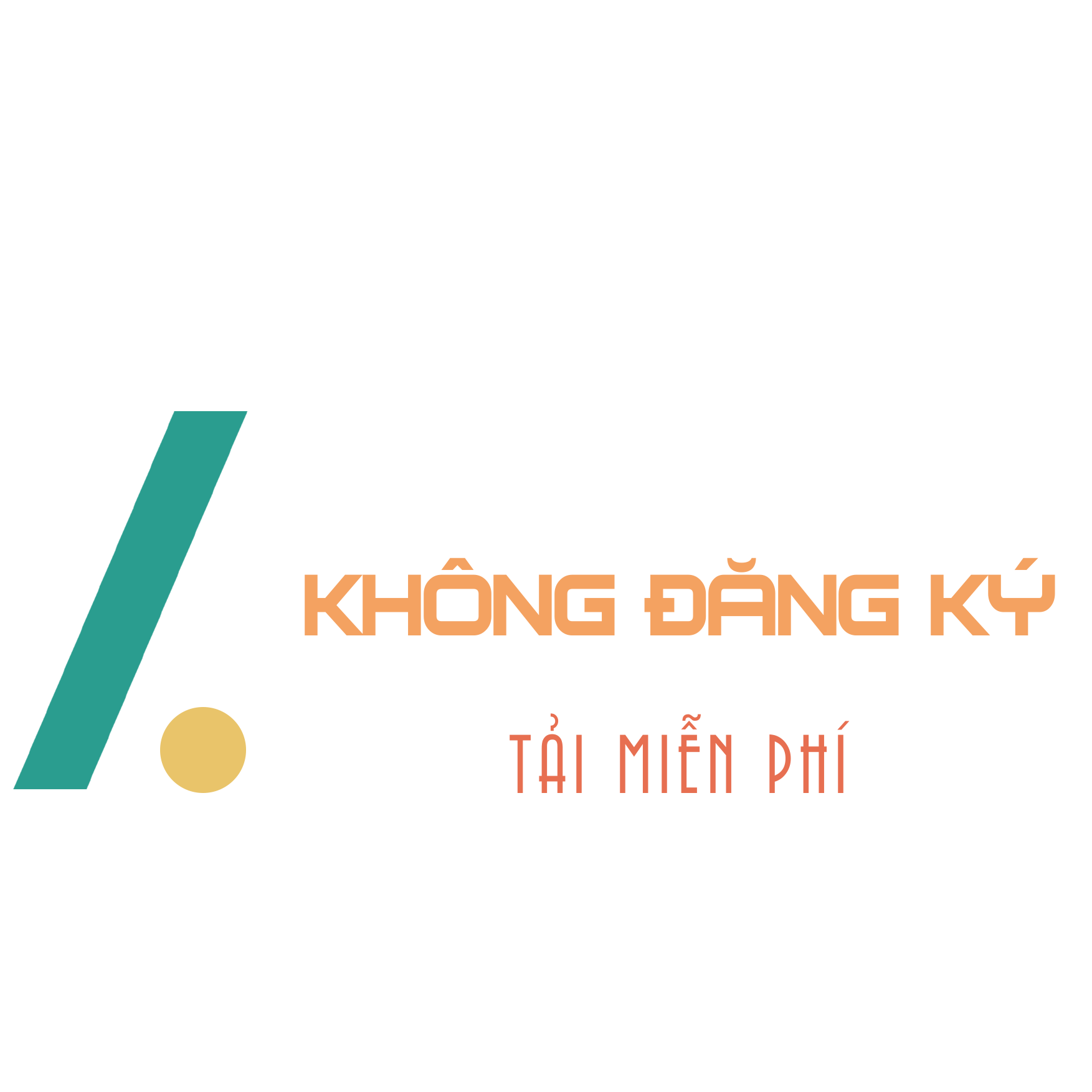UNIT 22 Modals 3: the modal perfect
MODAL + THE PERFECT INFINITIVE
modal + have + past participle
statement
negative
question
You should have told me you
You shouldn’t (should not)
Should I have invited
were going shopping.
have told Liz what Bill said.
Carol to the party?
WATCH OUT
Some verbs have irregular past participle forms. See page 182.
ABILITY
Use
Modal
Example
To say that someone had the
could
We could have gone to the party, but we
opportunity or ability to do
decided not to in the end.
something, but didn’t do it
WATCH OUT
We use this for things that someone didn’t actually do. For general ability in the past, we
use could + bare infinitive (see Unit 19).
I could play the guitar when I was seven. (= I knew how to play the guitar.)
I could have played the guitar. (= I had the opportunity to play the guitar, but I didn’t actually
play it.)
CRITISM
Use
Modal
Example
To say that someone’s past
ought to / should
You should have invited Carol to your
behaviour was bad or wrong
party
( = You didn’t invite Carol and that was wrong.)
EXPECTATION
Use
Modal
Example
To show you expected the past
ought to / should
Jim should have arrived half an to
be different from what actually
hour ago. I wonder where he is.
happened


